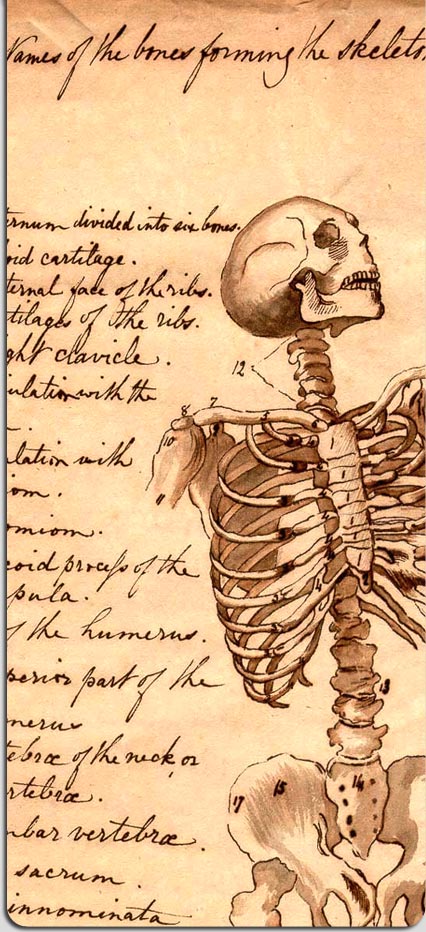At the community hospital where I was working a couple months ago, a 10 second lullabye-type jingle plays over the intercom, signaling that a new baby has just been
born. My attending says people either love the little reminder, or it drives them absolutely batty. I’m firmly planted on the side of the former. It reminds me
that even if I’m busy, or tired, or frustrated waiting for a lab value to come back, at least someone has probably just become happy. That life goes on amidst
all the hussle. Sometimes it’ll play twice. For twins.
And then I started wondering about a more solemn tone. Maybe it’s shorter, an elegant or graceful piano progression of chords, with a slower tempo. One
recognizing that someone has just died. Now, granted, I think patients and doctors alike would get a little worried if it sounded 5 times within the hour–but I
wonder how people would respond. Would it scare them? Upset them? Would they pause for a second? Think of their own mortality? Maybe it would remind them that life is
short. And fragile.
But more than anything, I think it would upset them and scare them. Chime in here if you’re from another culture or tradition, but I think we as a society have
some sort of obsession with youth–and some fear of death–that doesn’t exist in most other cultures. (I myself am utterly floored by the fact that I
could (okay, fine,
will
) die.) And what kind of ramifications does this have for medicine?
First let me note that there are two deaths I’m speaking of here: one inevitable, one failure, both tragic. One may seem like clinging on to scraps of ife
because of our fears, and the other is truly medical failure. Everyone has to die of
something
, and I think most doctors want it to be something
other
than what they specialize in. But medical errors do exist–mismanagement, drug errors, etc.–and it’s those that we must fix. The scope of them is
vast, and truly unacceptable.
The ultimate deaths, as I guess I’ll call them, are a harder sell. I absolutely respect people’s wishes, but I wonder how much of their wishes are
influenced by our anti-aging culture. Are we guilty of trying to have as many breaths possible in our lives, at any cost? And how much of this worldview is cultural,
and how much is just the human spirit? And yet I’m still torn, because our ability to prognosticate as doctors is so poor. You can take two patients, seemingly
very similar, with similar diseases, risk factors, and prognoses, and see one make a fully recovery, and see the other wither away.
I just see too many people who are dying, of course in my opinion, poorly. If you want to die in an ICU, with tubes and machines and beeps and alarms, that’s
your choice, but I think too often both patients and physicians see death as a failure of medicine, or as a failure of family members to make the right decisions for
their loved ones. I think we’ll all face this issue more and more with the baby boomer generation, and I hope that more people will become aware of hospice
care. Did you know 70% of people
will die in a nursing home or hospital
? Take a moment to imagine your ideal death. Is it anywhere close to how people are dying today?
Who knows, maybe the progress is already happening, just happening at a medical (slow) pace. An attending today told the team, “Mr. Doe expired. He went
home.” Initially we were very confused, but then she explained that with the patient’s last hours left, and no more medical treatments available, he went
home to die, with his family at his side.
Comments Off
on Death and Medical Failure
